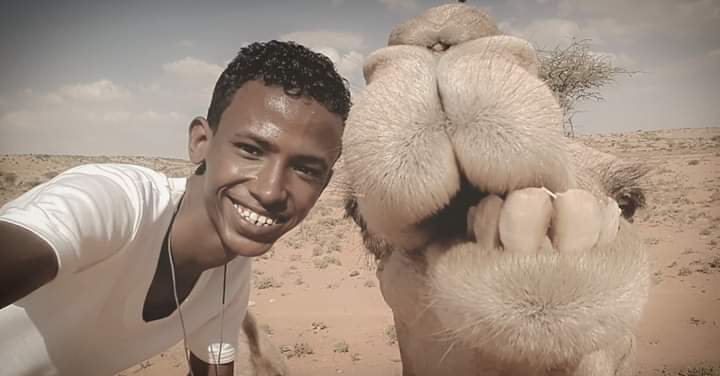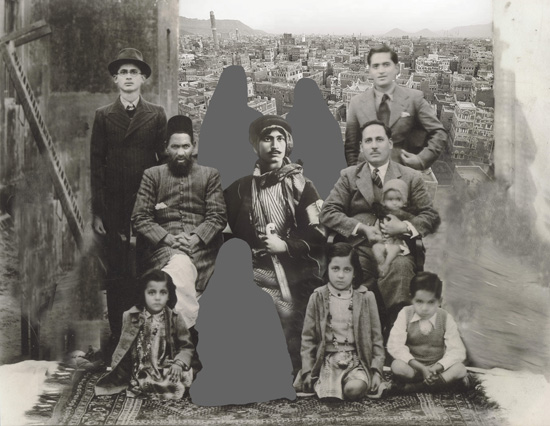Abstract
To understand the interplay between international hegemony and the apparent loss of state sovereignty, it is necessary to reintroduce the transnational elite as a global actor. Hegemony, meaning leadership, is based on values. The transnational elite embodies these values and adapts them to the changing global context, integrating counter-hegemonic tendencies and establishing a consensus. That consensus is transmitted through the transnational elite members to domestic societies whose consent – active or passive – is required for socioeconomic reforms which benefit the transnational elite. The role of states as sites for political contestation and debate has decreased, as policy-making, supposedly of a technical/expert nature, is shifted to the inter-state level, leading to an increase in international regulatory regimes which are dominated by the transnational elites. Instead, the state is increasingly becoming an instrument to transmit and enforce the transnational consensus. While transnational values remain largely liberal and elite membership is accessible to anyone sharing them, the manner of establishing consent is increasingly authoritarian. This article retraces the concept of the transnational class in international relations theory and, through a case study of the Trilateral Commission, looks at how the transnational elite has evolved since the 1970s, and how it is integrating counterhegemonic pressures today, becoming increasingly powerful – as the rapidly growing income gap between rich and poor underscores.
Download pdf full text here
Submitted to Millenium Journal of International Studies








